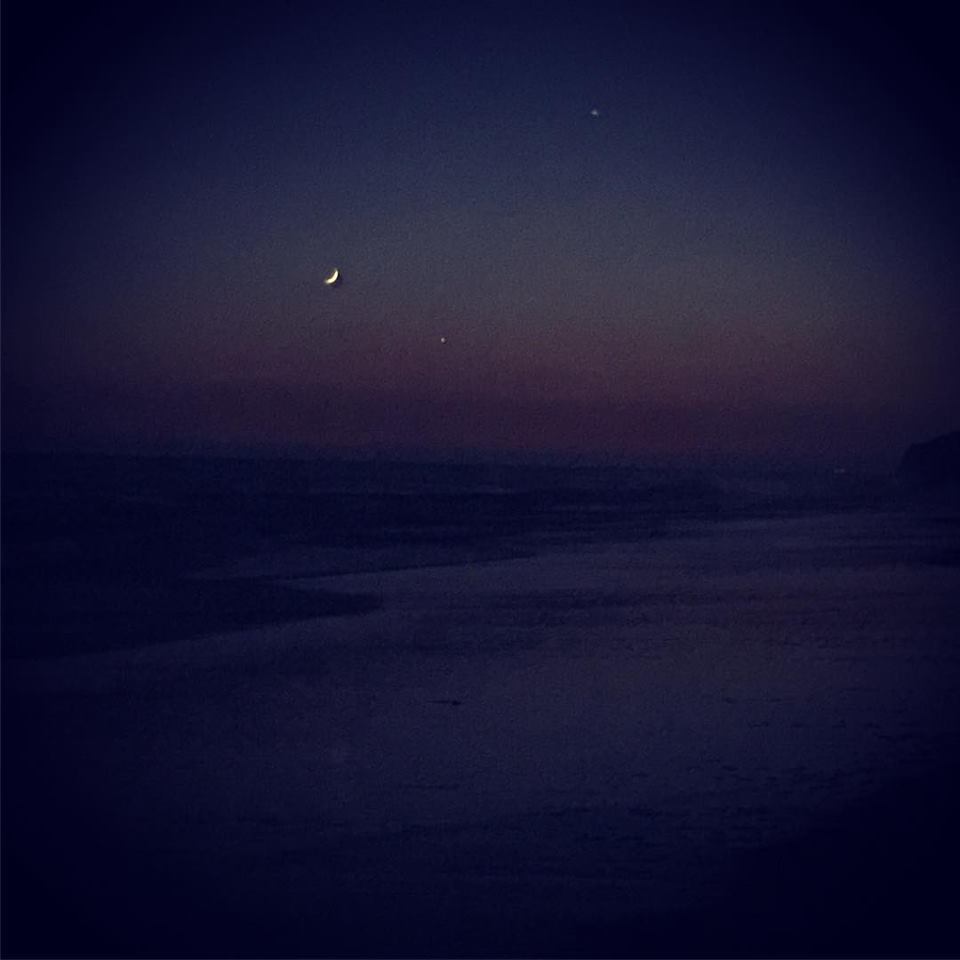Refugee Perspectives: Traumatic Waters

Written by Melissa Dalton-Bradford
There’s nothing terrifying about a beach walk at sunset.
If you are very lucky.
Maybe you grew up near a beach, or visiting beaches, large bodies of water, lakes, reservoirs. Family trips, you know? Chances are, you swim. Swimming lessons every summer? You might even waterski, scuba-dive, go boating, kayaking, canoeing, white-water rafting? If nothing else, you’ve at least been to an inland water park, ridden a water slide, inner-tubed the Lazy River. Water might be your happy place.
Not to my refugee friends. Not a one.
Which has to be why they have recounted to our team their escape from war, terror, bombings, persecution, bloodshed, they have been able to tell about the deadly trudge over deserts and mountains, past armed vigilantes and border guards, through forests and under barbed wire—most without breaking down.
But their tone shifts the instant they get to the part about crossing the Aegean Sea from Turkey to Greece. The part about WATER. Many of our refugee friends grew up in landlocked regions. Water activities are nowhere part of their culture. No one we have interviewed knew how to swim.
“I was sure we would die,” person after person told us.
“We held our children to our hearts then, when the water started spilling in, above our heads.”
“The smugglers took 600 Euros per person.”
“The boat was for 20. They packed in 50.”
“We crossed at night. Everything was black.”
“They threw my backpack overboard. It had everything.”
“I raised my prayers to Allah. Allah kept us afloat.”
“We knew the boat before ours had sunk.”
“Who would I save? My wife? Or our little daughter?”
“We paid for our death.”
You understand now why for me a family stroll on the beach (like the one we took last night) is no longer just ... a family stroll on a beach.
The moon patrols with her indifferent glint. The high tide slaps its insouciant metronome. Wet sand seeps between my toes and I tighten my grip on my husband’s arm, and we turn toward higher ground, backs to unfathomable water.
Official Statement on the Detention of Refugees and Ongoing Community Violence
With another death in Minnesota and continued violence toward individuals and groups standing up for their communities, we acknowledge the profound fear and uncertainty people are feeling--not just locally, but across the country.
On top of this, there are reports that refugees invited and admitted to our country through the U.S. Refugee Admission Program are now being detained, meaning that our new friends and neighbors feel that fear most acutely.
Refugees have already fled violence and persecution once. They came here legally, seeking safety. In moments like these, we reaffirm our commitment to building communities where refugees and immigrants can live without fear. Where they can go to work, send their children to school, and build lives of dignity and belonging.
We call for due process, accountability, and humanity in all immigration enforcement operations. We call upon our leaders to demand the demilitarization of our neighborhoods and cities. And we call on all of us to continue the work of welcoming and protecting those who have been forcibly displaced from their homes.